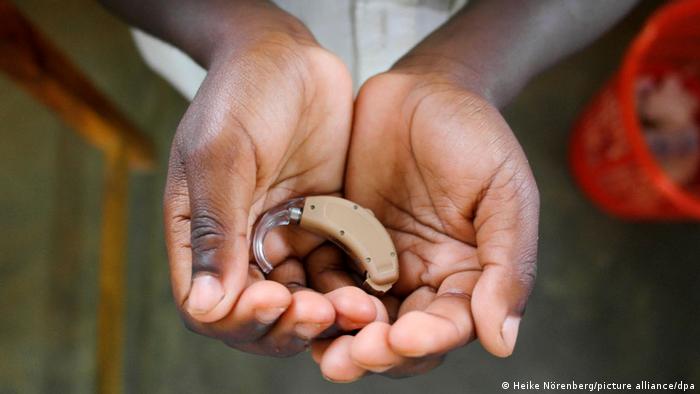PARENTS are being urged to know the signs of babies struggling to breathe as nasty childhood viruses surge across the country.
Fresh figures from the UK Health Security Agency revealed there has been an increase in cases of both flu and respiratory syncytial virus (RSV) among children under the age of five this winter.
Babies and young children are particularly at risk to these infections, which can lead to serious issues such as bronchitis, pneumonia and even death.
In a distressing clip, shared by Parenting organisation Tiny Hearts Education, a baby with RSV gets progressively worse as it struggles to breath, despite the intervention of doctors.
It highlights several symptoms of the virus parents should be aware of.
RSV is a leading cause of infant mortality and is especially dangerous to babies born prematurely, yet many parents have no idea their child could be at risk.
The video, which begins on a Tuesday morning, the baby is seen “working hard to breath and struggling to feed,”;; according to the mum.
By Tuesday lunchtime, the mum has taken the little girl to hospital, as the breathing worsens.
While there, doctors diagnosed the little one with RSV and a secondary condition, bronchitis.
By 4pm, the mum explained her baby is “struggling harder”;; to breath and is now getting fed breast milk via a tube.
As 10pm rolled in baby has “really gone downhill”;;, the mum explained.
At this point you can see the baby sucking in around it’s ribsâ – a common sign of RSV.
The baby, who’s head you can see in bobbing up and down – another common symptom of the virus – has now been given oxygen to help them breath.
By Wednesday, the baby who has shown no signs of recovery is taken into intensive care for more medical support.
Luckily, by Thursday morning, the baby can be seen to be getting better and by the afternoon she is well enough to take taken back to the paediatric ward and off intensive care.
What are the signs and symptoms of RSV?
Naomi Watt, a respiratory nurse specialist at charity Asthma + Lung UK, says: “RSV is a common virus that usually affects babies and children under two. Most of the time the symptoms are very mild and can be managed at home.
“RSV starts with a blocked or runny nose and can progress to a cough, fever and sometimes breathing difficulties.
“The good news is that for most children it will clear in a few days without any treatment.
“On rare occasions, some children do develop more severe symptoms.
“RSV can sometimes lead to bronchiolitis, an infection of the smaller airways in the lungs.”;;
RSV warning signs include:
- Refusal to breastfeed or bottle-feed.
- Breathing more quickly and noisily (wheezing).
- Seeming very tired, upset or inactive.
- Signs of dehydration – lack of tears when crying, little or no urine in their nappy for six hours, and cool, dry skin.
Naomi says: “We would advise any parents worried about their child having RSV or bronchiolitis to speak to their doctor, or call 111.




